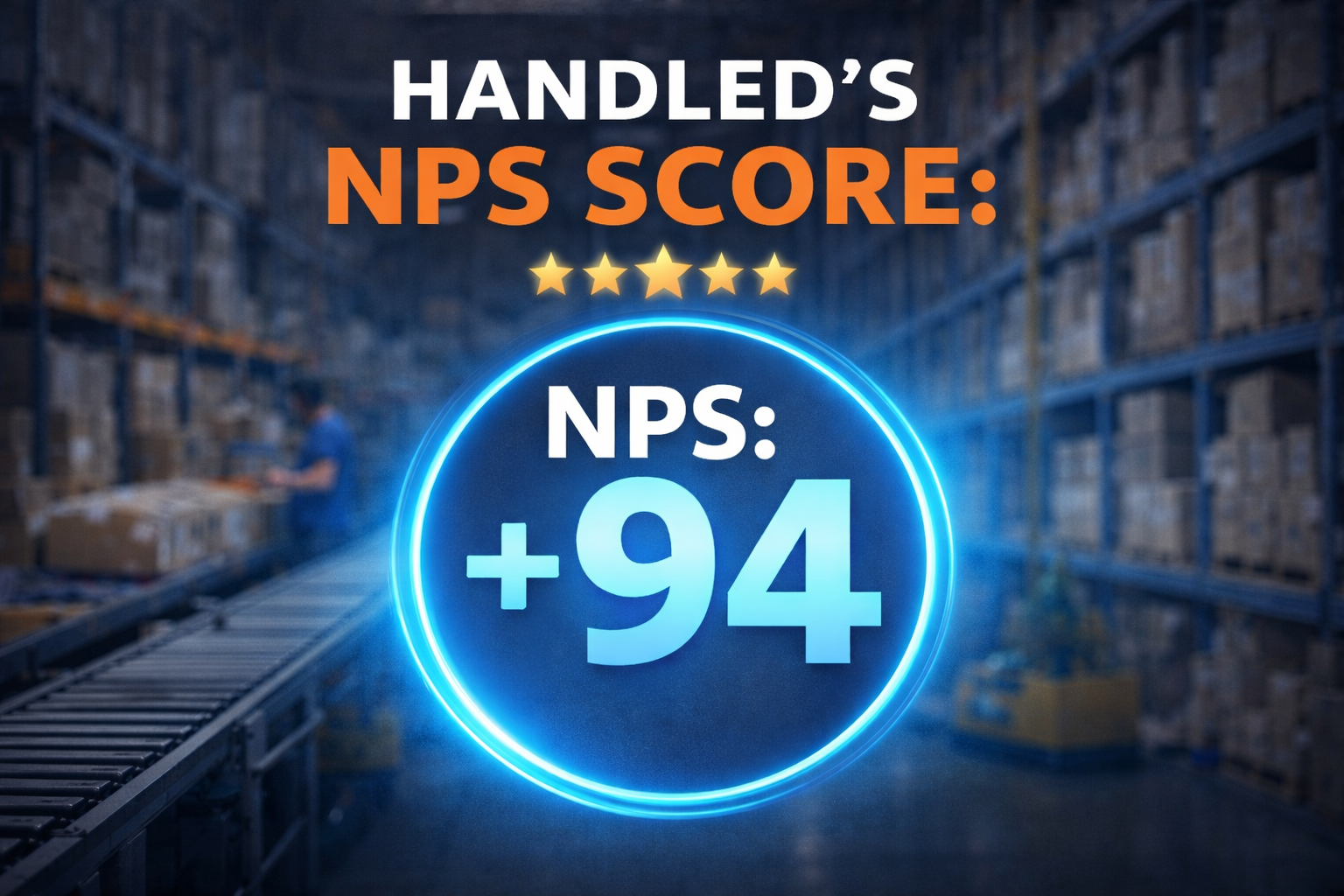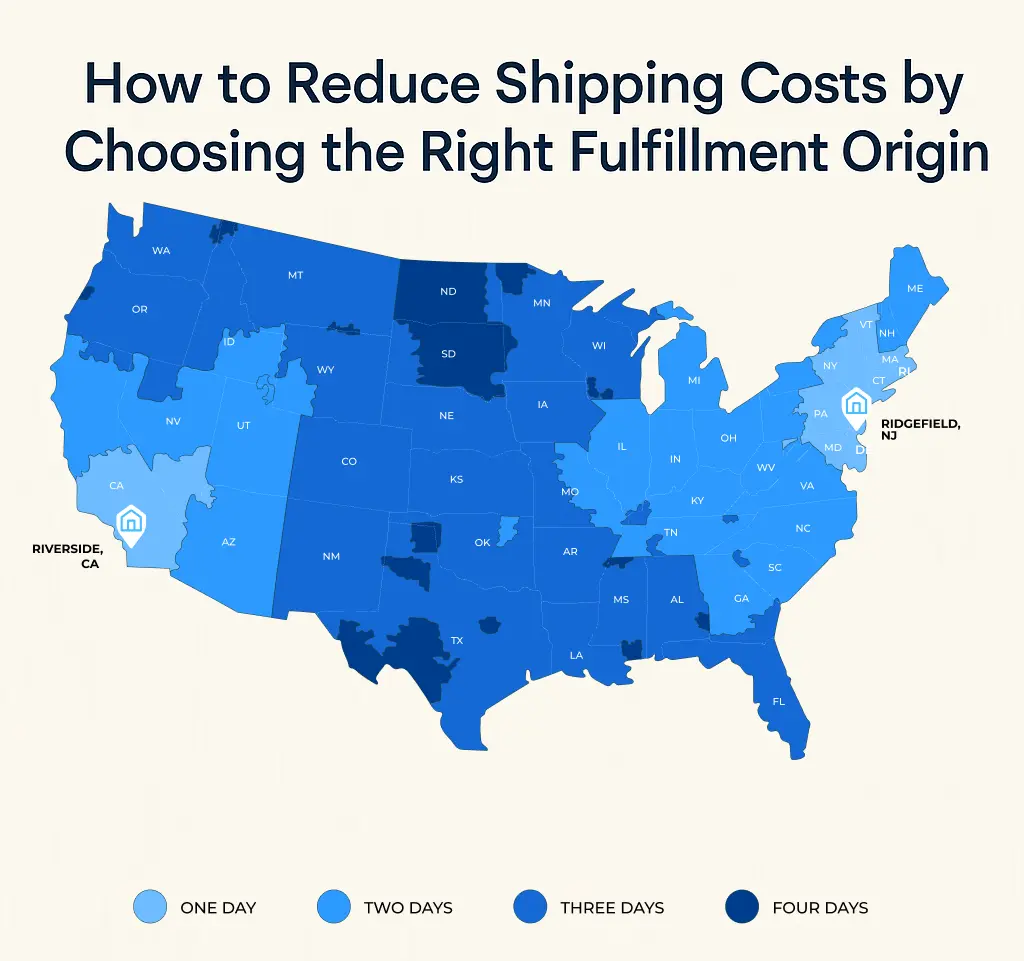What ecommerce brands need to know before their first wholesale shipment
You’ve nailed your DTC fulfillment game—orders go out fast, packaging looks great, customers are happy. But now, you’ve landed your first wholesale account. Maybe it’s a local boutique. Maybe it’s a national retailer. Either way, your fulfillment needs are about to shift—dramatically.
At Handled, we help brands make the leap from DTC to B2B without missing a beat. Here's what changes—and what to prepare for.
1. Order Volume Doesn’t Equal Order Complexity
Retail orders might be fewer in number, but they’re often more complicated:
- Large SKU counts
- Pre-determined pack quantities (e.g., 6-packs, 12-packs)
- Carton labeling and palletization
- Advanced shipping notices (ASN)
- Purchase order compliance
Unlike DTC, where the customer just wants fast and accurate delivery, retailers want it shipped their way—or not at all.
2. Compliance Becomes the Whole Game
Failing to meet routing guide requirements can cost you:
- Chargebacks for incorrect labeling or packing
- Refused shipments
- Delisting from a retailer
Handled supports:
- Retail-specific workflows (Target, Nordstrom, Costco, etc.)
- GS1 barcode validation
- UCC-128 label printing
- Case pack and pallet build instructions
- Custom PO reference workflows
Retail fulfillment isn't just bigger—it’s stricter.
3. Inventory Must Stay Clean and Allocated
In DTC, your WMS just needs to know what's available to ship.
In B2B, you need:
- Channel allocation: keep DTC inventory separate from B2B commitments
- Lot tracking: for shelf-life-sensitive SKUs
- Reserve inventory: for planned POs, marketing events, or retailer promotions
We help Shopify brands sync inventory across channels so you can sell wholesale without stocking out online.
4. Technology Needs to Flex
Handled integrates with Shopify, but we also plug into:
- EDI platforms for major retailers
- Order portals for boutiques and distributors
- ERP and OMS systems when needed
We route B2B and DTC orders through separate but connected workflows—so your team has visibility without micromanaging.
5. Freight Adds a New Layer
DTC = parcel. B2B = pallets and LTL.
That means:
- Scheduling dock appointments
- Providing liftgate and accessorial information
- Managing NMFC codes and freight classes
- More chances for delays or fees
Handled supports freight routing, carrier selection, and even blind shipments if needed. We coordinate with your buyers and carriers to keep things moving.
💬 Thinking About Selling to Retailers?
Whether you’re onboarding your first boutique, scaling into Costco, or just exploring wholesale as a channel, we can help you avoid costly fulfillment mistakes.
Handled is built for brands that sell both DTC and B2B, with infrastructure in Los Angeles and New York, and expertise across Shopify, Amazon, and retail channels.
Contact us for a free fulfillment audit—or just to talk through what’s coming next for your brand.



